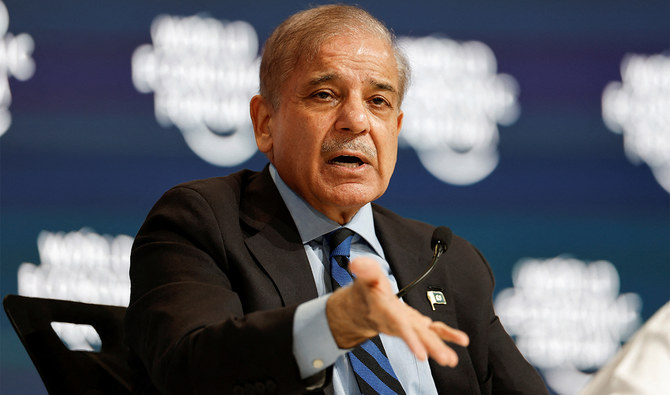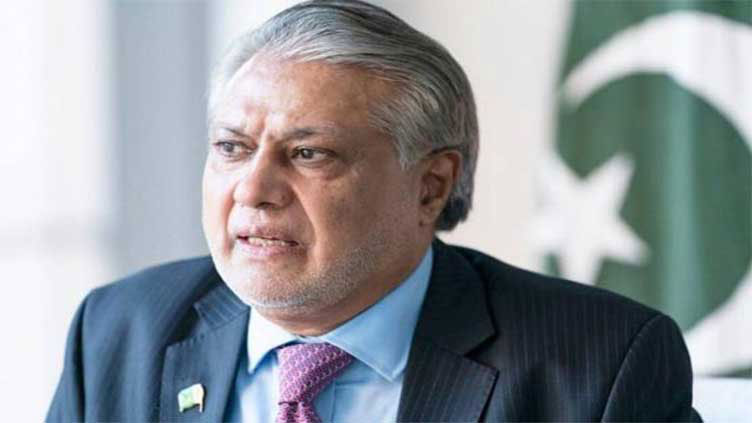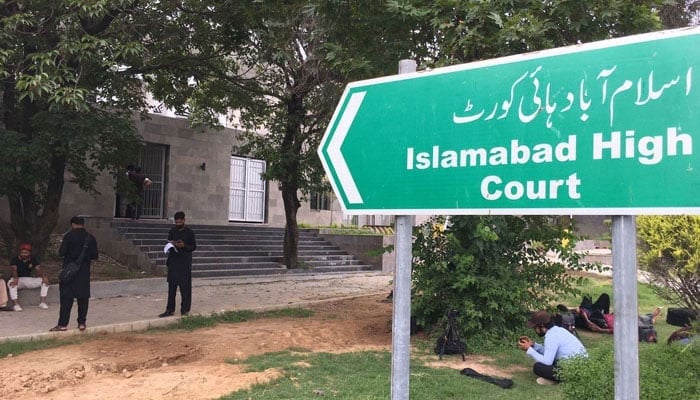- Rains that began in June unleash worst flooding in more than decade.
- Authorities and charities struggle to accelerate aid delivery to more than 33 million people affected.
- United Nations announces launch of formal $160 million appeal on to fund emergency aid.
SUKKUR: Aid efforts ramped up across flooded Pakistan on Tuesday to help tens of millions of people affected by relentless monsoon rains that have submerged a third of the country and claimed more than 1,100 lives.
The rains that began in June have unleashed the worst flooding in more than a decade, washing away swathes of vital crops and damaging or destroying more than a million homes.
Authorities and charities are struggling to accelerate aid delivery to more than 33 million people affected, a challenging task in areas cut off because roads and bridges have been washed away.
In the south and west, dry land is limited, with displaced people crammed onto elevated highways and railroad tracks to escape the flooded plains.
“We don’t even have space to cook food. We need help,” Rimsha Bibi, a schoolgirl in Dera Ghazi Khan in central Pakistan, told AFP.
Pakistan receives heavy — often destructive — rains during its annual monsoon season, which are crucial for agriculture and water supplies.
But such intense downpours have not been seen for three decades.
Pakistani officials have blamed climate change, which is increasing the frequency and intensity of extreme weather around the world.
“To see the devastation on the ground is really mind-boggling,” Pakistan´s climate change minister Sherry Rehman told AFP.
“When we send in water pumps, they say ´Where do we pump the water?´ It´s all one big ocean, there´s no dry land to pump the water out.”
She said “literally a third” of the country was under water, comparing scenes from the disaster to a dystopian movie.
Planning Minister Ahsan Iqbal said Pakistan needed more than $10 billion to repair and rebuild damaged infrastructure.
“Massive damage has been caused… especially in the areas of telecommunications, roads, agriculture and livelihoods,” he told AFP Tuesday.
The Indus River, which runs along the length of the South Asian nation, is threatening to burst its banks as torrents of water rush downstream from its tributaries in the north.
Pakistan as a whole had been deluged with twice the usual monsoon rainfall, the meteorological office said, but Balochistan and Sindh provinces had seen more than four times the average of the last three decades.
International help
The disaster could not have come at a worse time for Pakistan, where the economy is in free fall.
Appealing for international help, the government has declared an emergency.
Aid flights have arrived in recent days from Turkey and the UAE, while other nations including Canada, Australia and Japan have also pledged assistance.
The United Nations has announced it will launch a formal $160 million appeal on Tuesday to fund emergency aid.
Pakistan was already desperate for international support and the floods have compounded the challenge.
Prices of basic goods — particularly onions, tomatoes and chickpeas — are soaring as vendors bemoan a lack of supplies from the flooded breadbasket provinces of Sindh and Punjab.
There was some relief on Monday when the International Monetary Fund approved the revival of a loan programme for Pakistan, releasing an initial $1.1 billion.
Makeshift relief camps have sprung up all over Pakistan — in schools, on motorways and in military bases.
In the northwestern town of Nowshera, a technical college was turned into a shelter for up to 2,500 flood victims.
They sweltered in the summer heat with sporadic food aid and little access to water.
“I never thought that one day we will have to live like this,” said 60-year-old Malang Jan.
“We have lost our heaven and are now forced to live a miserable life.”Aid efforts ramped up across flooded Pakistan on Tuesday to help tens of millions of people affected by relentless monsoon rains that have submerged a third of the country and claimed more than 1,100 lives. The rains that began in June have unleashed the worst flooding in more than a decade, washing away swathes of vital crops and damaging or destroying more than a million homes.
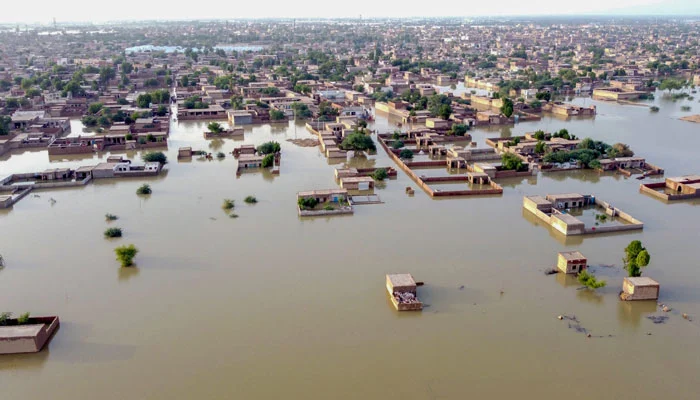

 Latest News7 hours ago
Latest News7 hours ago
 Latest News8 hours ago
Latest News8 hours ago
 Latest News7 hours ago
Latest News7 hours ago
 Business7 hours ago
Business7 hours ago
 Latest News7 hours ago
Latest News7 hours ago
 Latest News8 hours ago
Latest News8 hours ago
 Latest News7 hours ago
Latest News7 hours ago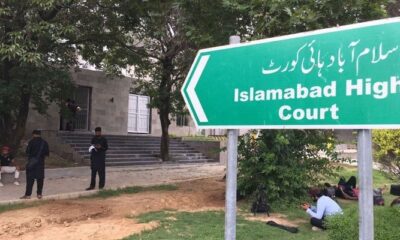
 Latest News7 hours ago
Latest News7 hours ago
